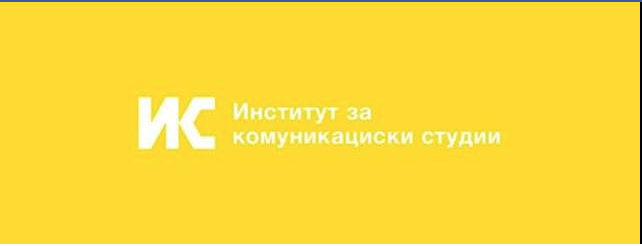Date: 18 December 2018
Country: Macedonia

 In Macedonia, only five percent of media literacy teaching processes encourage criticism of the media—a serious problem in a country known for its notorious role in the “fake news” industry leading up to the 2016 elections in the United States.
In Macedonia, only five percent of media literacy teaching processes encourage criticism of the media—a serious problem in a country known for its notorious role in the “fake news” industry leading up to the 2016 elections in the United States.
For this reason, Media Diversity Institute (MDI) partnered with the School of Journalism and Public Relations and national newspaper Nova Makedonija to respond to this research, and create “Media Literacy in the Age of News Overabundance,” a three-year program designed to encourage media literacy among high school students through a student-run monthly newspaper publication called “Medium” and a series of media labs, where students met once a month to explore questions ranging from, “How do we know when journalists are trying to manipulate us?” to “what can we do if someone illegally publishes our photo or video without our permission?”Once every year, the project organized a four day summer camp, where thirty students learn the basics of good journalism and media literacy, in partnership with Goce Delčev University of Štip.
“To call yourself media literate in this modern society where false information is placed at every step of the way is difficult,” said Stefan Mitic, a high school student who participated in the most recent summer program.
“Thanks to this camp, me and twenty-nine other students can call ourselves media literate,” he continued.
While this program recently came to a close, MDI hopes that programs like this will continue in Macedonia, particularly as they have been proven to help educate a new generation of news producers and consumers to fight against fake news and misinformation.
“Understanding how the media operates and how to use it in a responsible and wise way is crucial for a functioning democracy,” said MDI Executive Director Milica Pesic.
“It is also important that media literacy education is offered to all ages; once we start doing things wrong, it is very difficult to unlearn them,” she continued.
“We are thankful to the European Union delegation in Skopje for all of their support in this project, and hope that we will come back soon with a new program, based on lessons learned and suggestions we received from all of the project’s participants.”
